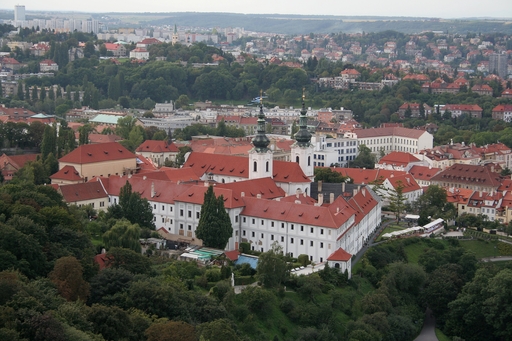
The oldest Premonstratensian abbey in the Czech Republic and a magnificent monument of Prague medieval and modern era architecture. It contains one of the most valuable and best preserved historical libraries in the country.
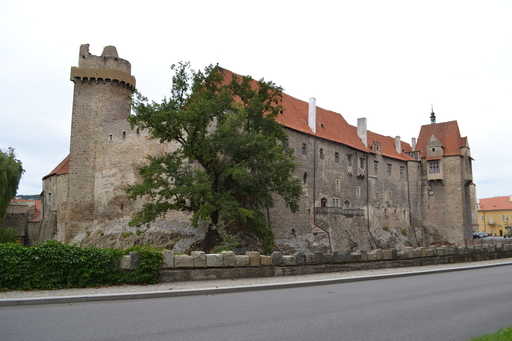
A well-preserved castle in the eponymous town at the confluence of the rivers Otava and Volyňka. It represents a combination, unique in the Czech Republic, of an aristocratic castle and a church commandry, a fortified residence of a chivalric order which partially had the status of a monastery.
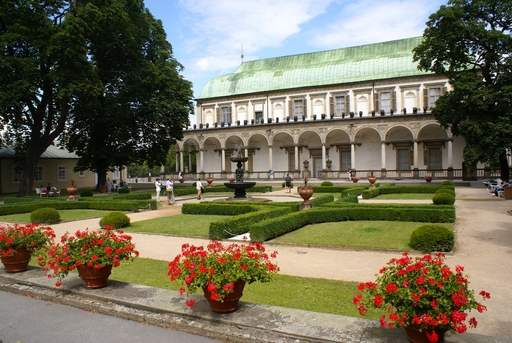
Renaissance summer palace in the Royal Garden of Prague Castle. It is one of the first stylistically pure Renaissance buildings north of the Alps and is often used as an example of Italian Renaissance architecture in the Czech Republic.
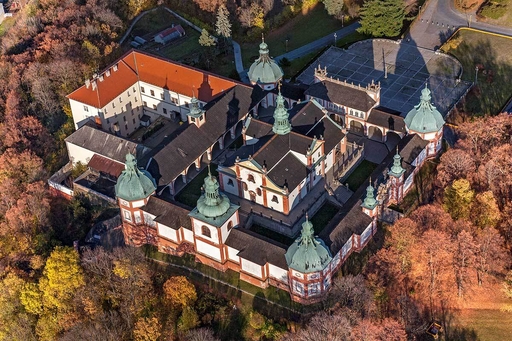
Extensive Early Baroque complex above the town of Příbram in Central Bohemian Region. It is one of the most prominent pilgrimage sites in Bohemia.
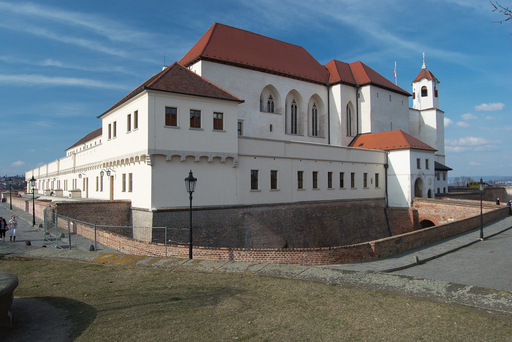
Castle converted in a fortified Baroque citadel and one of the dominating features of the city of Brno. It became historically famous as one of the most feared prisons in the Habsburg Monarchy.
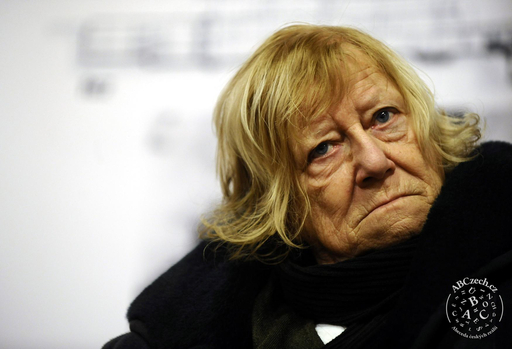
One of the most distinguished figures of contemporary Czech architecture, a university teacher and author of a number of projects, e.g. the Českomoravská-Kolben-Daněk building, the new building of the Czech Technical University in Prague and the meteorological station in Cheb.
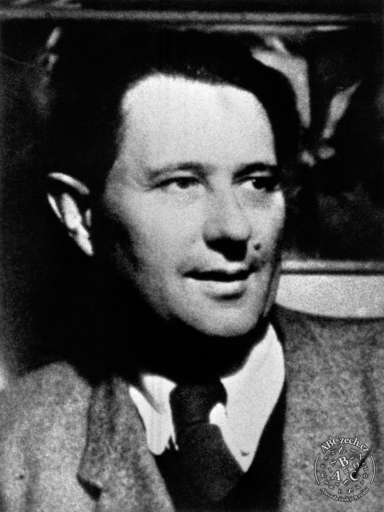
Theoretician and aesthetician, a leading figure of Czech left Avant-Garde, sociologist of architecture, fine artist, literary critic, publicist and translator. He was a founder of Poetism and pioneered the acceptance of Surrealism.
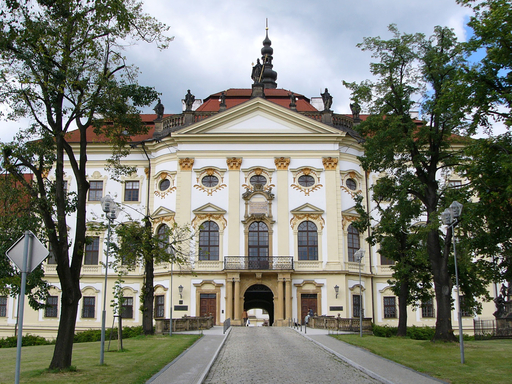
Swiss-Italian architect who had a large influence on Moravian Baroque. He was the first to bring to Moravia Italian architecture of the time in its integral form and designed some of the most famous Moravian buildings.
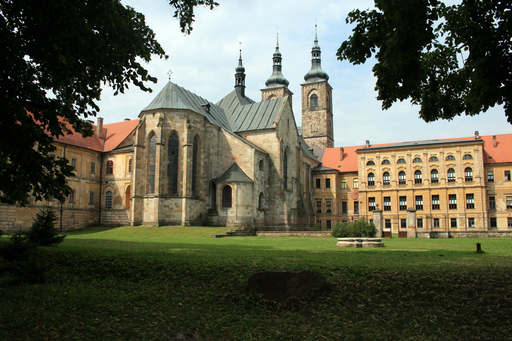
Premonstratensian abbey in the Karlovy Vary Region, a centuries-old religious and educational centre of the region. The abbey church is one of the most significant Central European sacred buildings built in the transitional Romanesque-Gothic style.
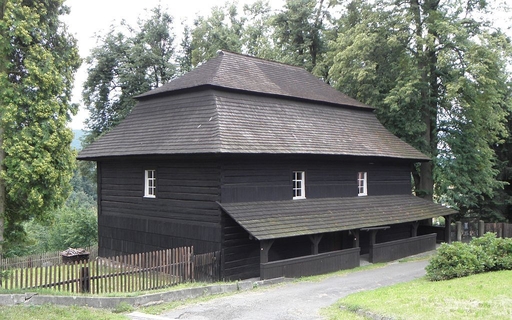
Protestant sacred buildings built between 1781 and 1861. They reflected the requirement for mere toleration of the Protestant faith in the Habsburg Monarchy, due to which they were not allowed to have any external elements of church decorations and they could not be accessed from the main road.
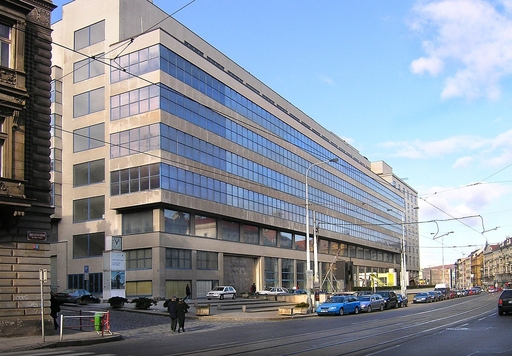
One of the first monumental buildings of functionalist architecture, designed by Oldřich Tyl and Josef Fuchs, which became an evidence of the maturity of Czech architecture of its time.
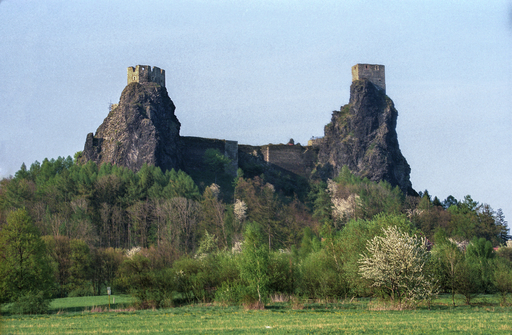
Ruin of a Gothic castle and one of the dominating features of Bohemian Paradise. Its unmistakable silhouette makes it one of the most famous and visited castle ruins in the Czech Republic.
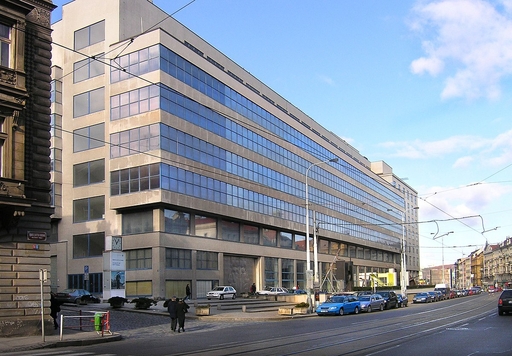
Prominent functionalist architect, city planner, pioneer and theoretician of modern architecture, one of the most important representatives of Czech interwar avant-garde.
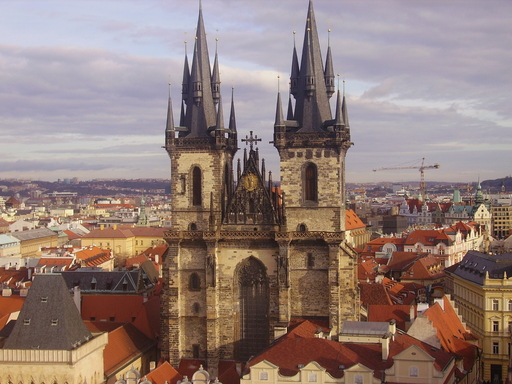
Gothic church near the Old Town Square in Prague. Because of its distinctive front with grandiose towers, it is a dominant feature of the Old Town and after Prague Castle one of the most famous and most frequently depicted Prague buildings.
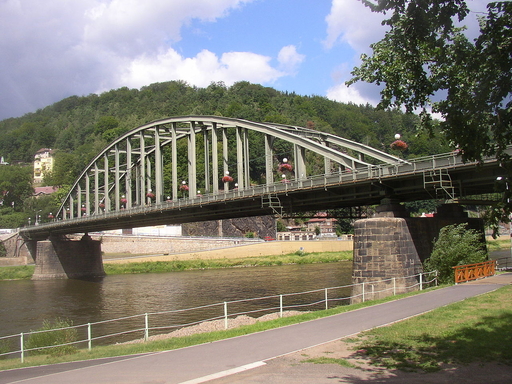
Steel bridge built in 1933 by the Škoda Works. It replaced the earlier chain Bridge of Empress Elizabeth. It is the last road bridge spanning the Elbe on the Czech territory.
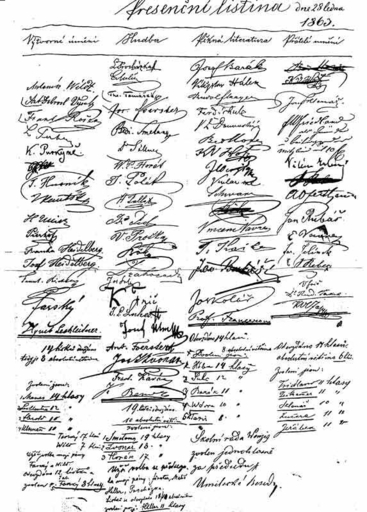
The first Czech art society, in which writers, fine artists and musicians could meet from the 1860s.
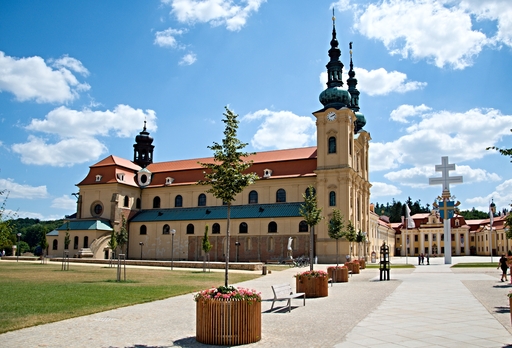
Complex of the former monastery at Staré Město, near Uherské Hradiště, now the most important pilgrimage site in the Czech Republic and a centre of the tradition of Saints Cyril and Methodius.
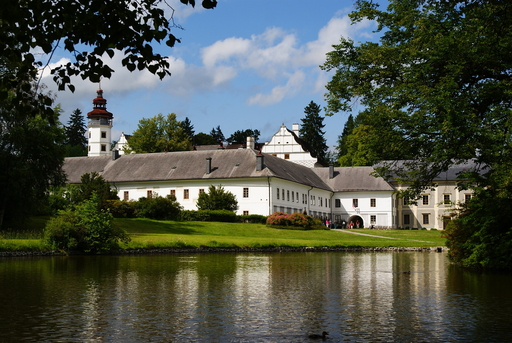
Renaissance chateau in the eponymous municipality in the Olomouc Region. It is one of the best preserved examples of an arcaded chateau, characteristic of Moravian Renaissance.
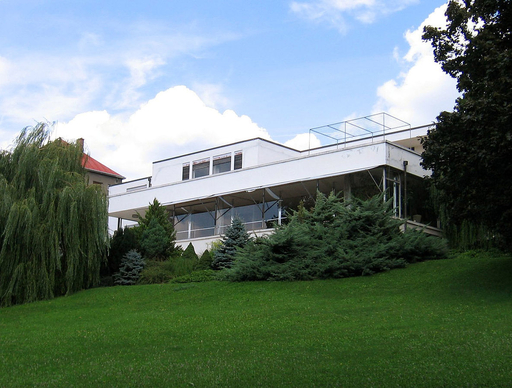
Unique building by Ludwig Mies van der Rohe, one of the founders of modern architecture. It is one of the most important modernist houses in the world.
2016-2020 ABCzech.cz - © Filozofická fakulta Univerzity Karlovy
Content from this website may be used without permission only for personal and non-commercial purposes and with the source cited. Any other use is allowed only with the authors' consent.
This web application Sonic.cgi meets GDPR requirements. Current information can be found here.